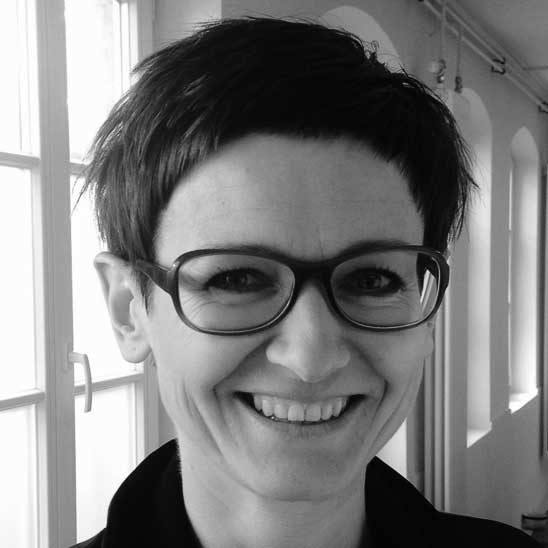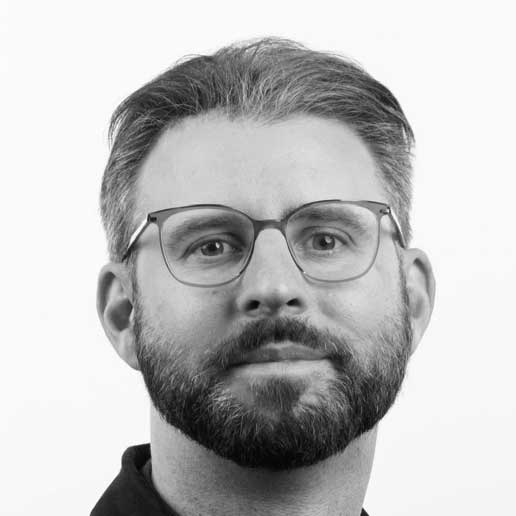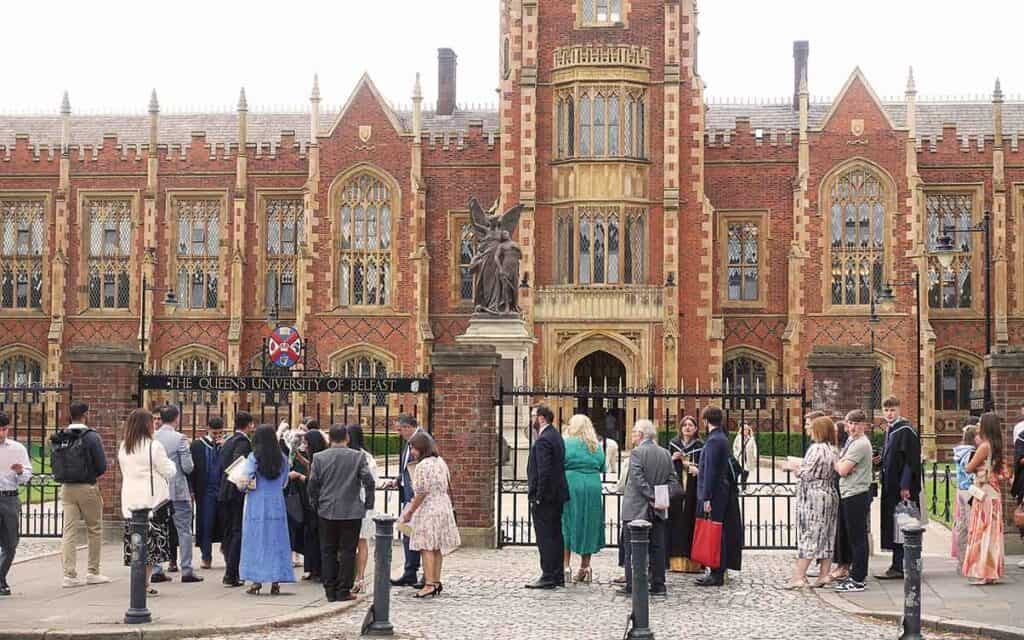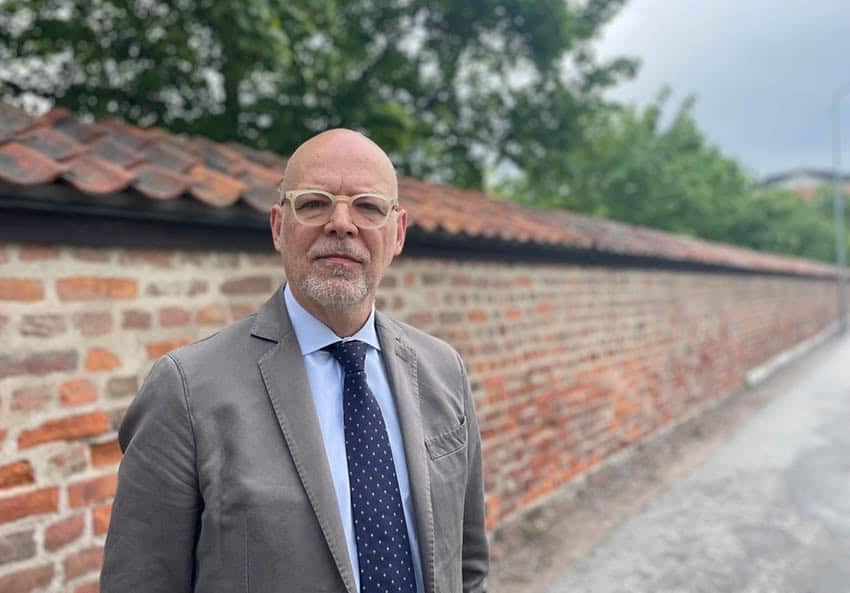The hatred came from nowhere. Two years after the second edition of ”Sexualpädagogik der Vielfalt” (Diversity in Sex Education) was published, one of its main authors, the sociologist Elisabeth Tuider, a professor at the University of Kassel, found herself in a spiral of digital attacks.
“The line was crossed quickly, as soon as the murder and rape threats started coming,” says Tuider today, ten years later.
The book, which included proposals regarding new pedagogical methods in German sex education, had provoked a teacher to start a petition. Articles in the German press soon followed, and with them hatred and threats.
“It spread like wildfire,” she continues. “I received good support from the university. At the same time, I observed a degree of institutional helplessness. There was no procedure in place for this kind of controversy.”

Elisabeth Tuider
Professor, University of Kassel
Today, there is greater preparedness. In the summer of 2023, Scicomm-Support, a nationwide helpline for threatened and harassed researchers who need support and advice, was set up.o
“It could be campaigns on social media, anonymous emails or threatening situations in connection with a lecture,” says Matthias Fejes, press spokesperson at the University of Dresden and one of those who leads the work of Scicomm-Support. “There have also been cases of stalking,”
The initiative is aimed at researchers not only in Germany, but also in Austria and Switzerland. Thirty experts, mostly from the universities’ communication departments, are attached to the project.
They work voluntarily on a rolling schedule, where two people are responsible every week for monitoring the dedicated phone number, from early morning to late evening, 365 days a year. It is also possible to contact the helpline via email.
“We give advice on three different levels,” Fejes explains. “The first is about finding out exactly what situation the victim is in. For example, what kind of tweets or emails have they received and how they could react to them. The second level is legal. There, we work with a law firm for situations that cannot be resolved at the first level, for example in the case of incorrect and tendentious representations in the media. The third level is about providing psychological support.”
There are also plans to offer training to higher education institutions. This spring, workshops will be held for at-risk researchers.
“The system is not resilient enough,” says Fejes.
It is not only researchers in polarising fields such as climate, gender and migration who face threats and harassment. Researchers in humanities, biology and economics are also at risk, Fejes believes. A study on the prevalence of the problem in Germany will be presented in the spring. It is partly based on data from Scicomm-Support, which does not want to report its own statistics before the study is released.
“But not a week goes by without us being contacted,” says Fejes. “Anti-science has become a general problem. Bigger gaps in society between rich and poor and between educated and uneducated have led to scepticism about science in certain social strata. It is alarming.”

Mathias Fejes
Press spokesperson, University of Dresden
Trade unions are also concerned about these developments. But their responsibility to support their members is not clear, says Matthias Neis, who heads the department for social services, education and research at Verdi, Germany’s second largest trade union.
“It is not always clear in which role people act on social media: as a private individual or as an employee at a German university,” he says.
Elisabeth Tuider is still the target of attacks, albeit less frequently. Part of her strategy to deal with the situation ten years ago was to start to investigate scientifically the dynamics behind the hatred.
“Allowing myself to be silenced was not an option for me,” she says.
The Scicomm-Support helpline
The helpline was set up in summer 2023 for researchers experiencing threats and harassment in Germany, Switzerland and Austria.
The initiative is run by the Bundesverband Hochschulkommunikation and Wissenschaft im Dialog and is part of KAPAZ, a three-year project that also conducts research into hostility to science in Germany.
Scicomm-Support and KAPAZ are financed by the Volkswagen Foundation.
It is free of charge to contact Scicomm-Support.


















